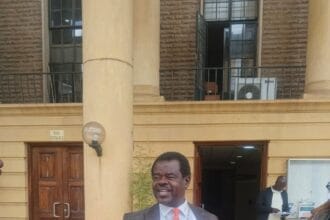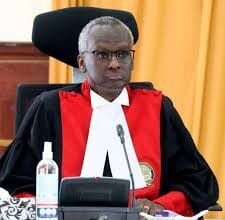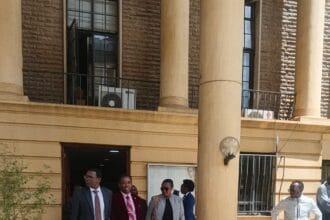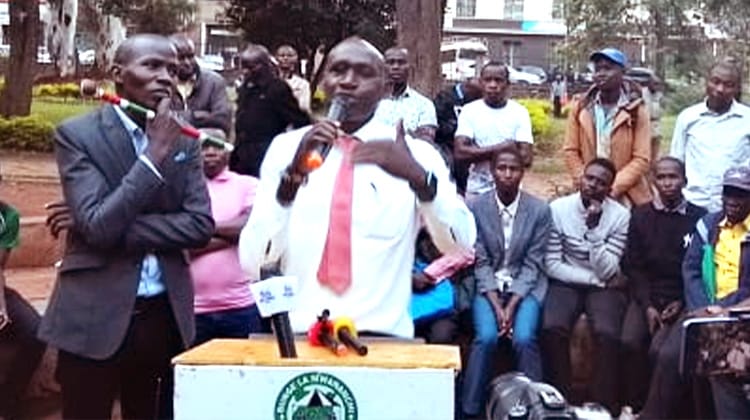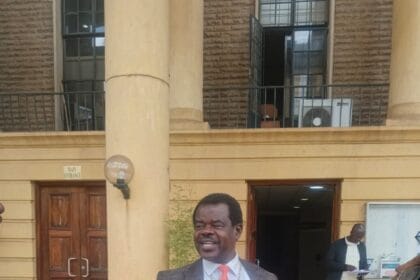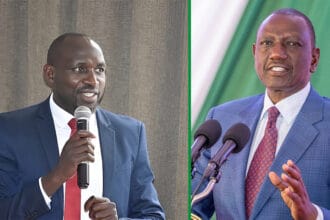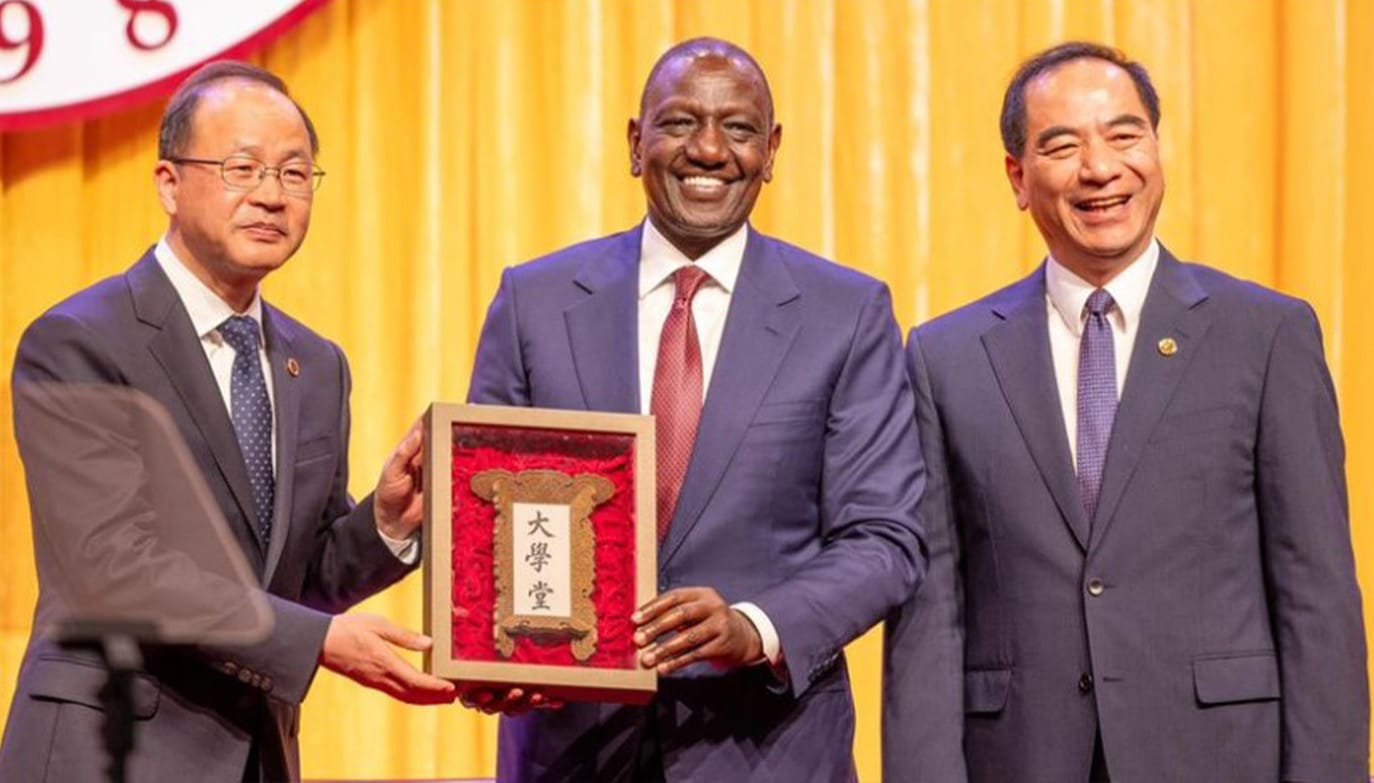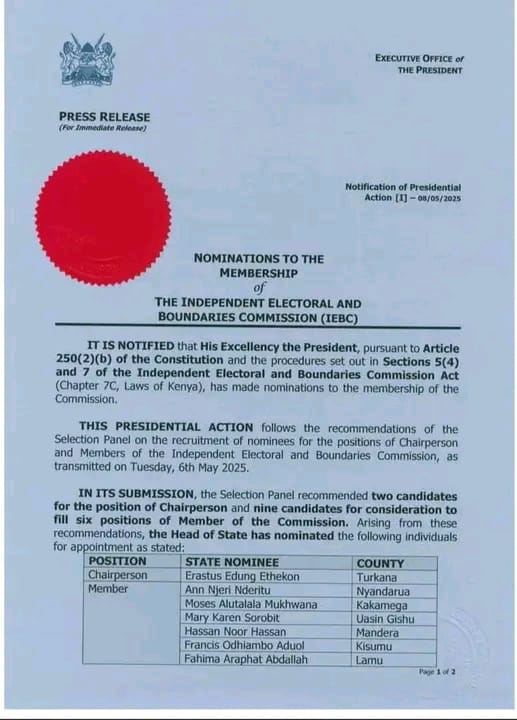Nairobi, Kenya — Prof. Fred Ogolla On Thursday afternoon, Jivanjee Gardens became the setting for a dynamic public forum convened by Bunge la Mwananchi, a civic movement committed to advocating for participatory governance and socio-economic justice. The event brought together a cross-section of Kenyan society, including educators, small business owners, students, and informal sector workers, demonstrating a shared concern over the country’s fiscal direction, particularly the implications of the proposed 2025 Finance Bill.
At the centre of the forum was Professor Fred Ogolla, a respected academic and human rights advocate, known for his incisive analysis on governance and equity. Addressing the crowd with characteristic clarity and conviction, Prof. Ogolla framed the Finance Bill as a broader reflection of systemic imbalances in Kenya’s public policy framework.
“This is not simply a matter of taxation,” Ogolla began. “It is a question of who our policies serve and whether they reflect the lived realities of the majority of Kenyans.”
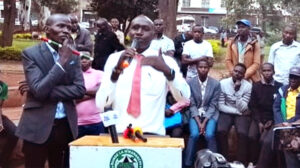
He raised significant concerns about the proposed tax hikes embedded in the Finance Bill, arguing that they disproportionately target essential goods consumed by low-income households. Items such as maize flour, fuel, and over-the-counter medicine, he noted, are not luxuries—but lifelines. Increasing their cost through VAT and excise adjustments would, in his view, exacerbate already high levels of inequality and strain the purchasing power of vulnerable populations.
“Policies that burden citizens at the base of the pyramid while shielding wealthier interests are not only economically shortsighted—they are morally indefensible,” Ogolla emphasised.
The scholar also took issue with what he described as “unbalanced budgetary priorities,” citing allocations that favour military and infrastructure spending over social services such as health, education, agriculture, and micro-enterprise development. He argued that such imbalances risk entrenching inequality and excluding the majority of Kenyans from the benefits of national development.
He further criticised the policy-making process itself, calling out the lack of transparency and insufficient public participation in drafting the bill. “Democratic governance requires more than elections—it demands active, continuous engagement with citizens on decisions that affect their daily lives,” he said. “Without meaningful consultation, policies risk becoming detached from both public need and constitutional principle.”
Ogolla’s remarks were met with strong approval from the audience, many of whom echoed his call for a more inclusive, responsive, and people-centred approach to governance.
In his closing remarks, he urged Kenyans to move beyond passive observation and embrace civic activism—whether through advocacy, legal channels, or peaceful demonstration. “Our Constitution gives us the tools to demand justice. We must use them. Kenya belongs to all of us, and our future depends on ensuring that no one is left behind in our national agenda.

